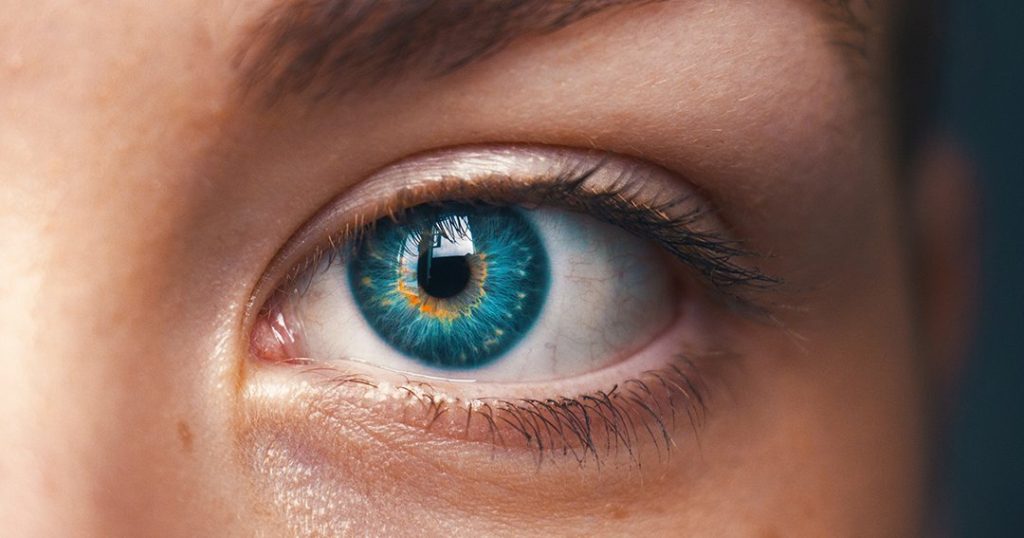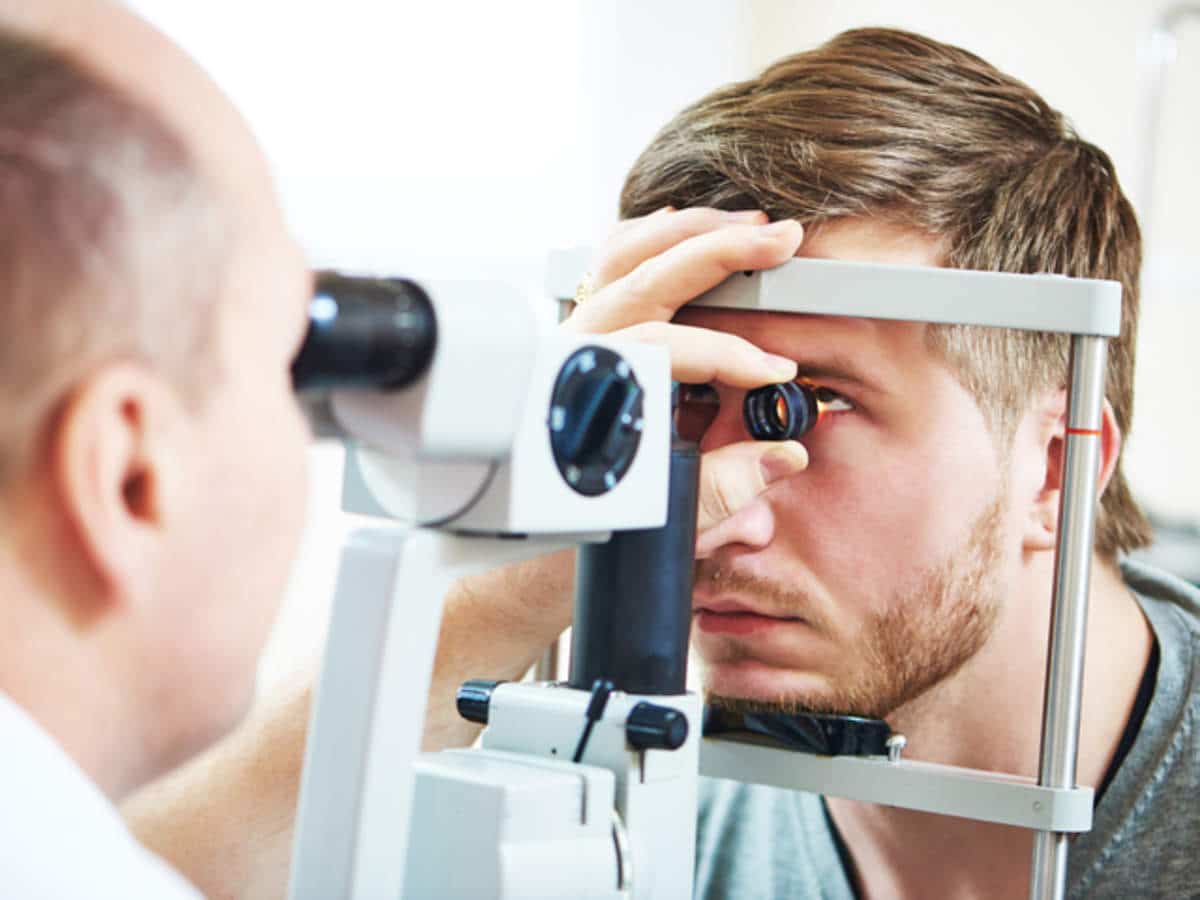As you age, you may find your eyesight worsens. This, unfortunately, is a common side effect of getting older. You may experience blurred vision, trouble seeing colours, glare issues or reduced tear production.
Your eyesight is an important part of life, so you need to take care of it. Here are some tips for taking care of your eyes as you get older.
Regular Check-Ups
Going for regular check-ups at the optician is a habit that is never too early to learn. However, if you have been putting it off, there is no better time to start.
By going to see the eye doctor every two years, you will be able to keep an eye on your ocular health. It also means that any potential issues can be picked up earlier, preventing any long-term damage. If there is a family history of eye disease or something in your personal medical record, then you may be asked to go for more regular check-ups to keep on top of things.
Healthier Lifestyle
A balanced diet is essential for maintaining your overall health, and your eyes will benefit from it too. Eating lots of food that is rich in minerals and vitamins can help to decrease the chance of eye disease. Diseases such as diabetes can, if left unchecked, cause significant damage to your eyes so keeping your sugar levels in control is beneficial as well.
If you are a smoker, protecting your eye health could be a great reason to quit. Research has shown that smokers are twice as likely to develop Age-Related Macular Degeneration (AMD). Smoking reduces the amount of oxygen that your eye tissue receives, making it more susceptible to damage and illness.
Less Screentime
Digital devices and screens have become a part of everyday life, but that doesn’t mean they can’t be damaging to your eyes. Looking at screens for a large amount of time can lead to eye strain, dry eyes and vision issues. These are commonly known as Computer Vision Syndrome (CVS).
To avoid CVS, follow the 20-20-20 rule. For every 20 minutes of screen time, you should look at something 20 feet away for 20 seconds. If you are still experiencing issues, try adjusting your screen brightness and contrast, as well as eye drops to soothe your eyes.
Consider eyewear
More and more people need some form of prescription lenses as they get older. If you go to the opticians regularly, you may find that you need specialised eyewear, such as toric contact lenses which will help a medical condition called astigmatism.
Sunglasses are also essential for protecting your eye health. UVA and UVB rays can damage the delicate skin around your eyes, causing cancer. They can also damage the eye itself, so make sure you cover them whenever you are in direct sunlight.
Exercise
While there’s no quick fix for eyesight problems, good nutrition and exercise can help reduce eye strain and improve eye health. Cardio exercises, especially aerobic, lower intraocular pressure and protect retinal ganglion cells, which transmit visual information to the brain.
A healthy diet and regular exercise also lower high blood pressure and cholesterol, key contributors to vision problems. Exercise increases blood flow to the optic nerve and retina, ensuring cells get needed nutrients and oxygen.
Physical activity can mitigate issues like diabetes and high blood pressure, which impact eye health. Running or walking for 30 minutes daily can reduce the risk of cataracts, while exercising three times a week can lower the risk of wet age-related macular degeneration. Moderate, low-impact exercises help reduce eye pressure, beneficial for young adults with glaucoma.



